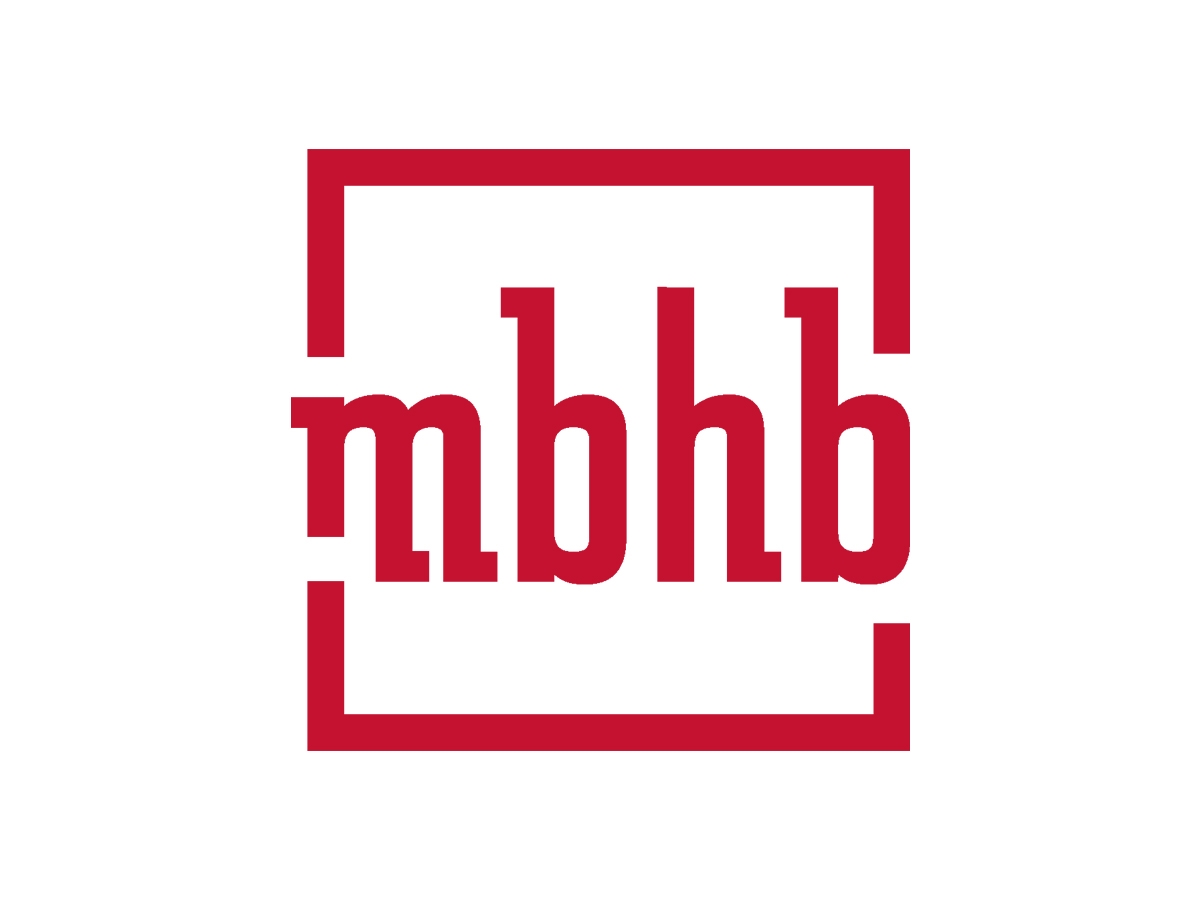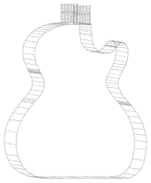Petitioner Faulted For Not Preemptively Addressing Fintiv | Jones Day
On July 17, 2023, the Patent Trial and Appeals Board (“PTAB”) exercised its discretion under 35 U.S.C. § 314(a) to deny institution of an inter partes review petition based on the stature of a related U.S. District Court of Delaware action. See Vector Flow, Inc. v. HID Global Corp., IPR2023-00353, Paper 8 (July 17, 2023). Under §314(a), institution of an inter partes review is discretionary. See 35 U.S.C. § 314(a) (stating “[t]he Director may not authorize an inter partes review to be instituted unless the Director determines that the information presented in the petition . . . shows that there is a reasonable likelihood that the petitioner would prevail with respect to at least 1 of the claims challenged in the petition”) (emphasis added); Harmonic Inc. v. Avid Tech., Inc., 815 F.3d 1356, 1367 (Fed. Cir. 2016) (“[T]he PTO is permitted, but never compelled, to institute an IPR proceeding.”). As part of that discretion, the Director may deny a petition based on the stature of a parallel district court action. See NHK Spring Co. v. Intri-Plex Techs., Inc., IPR2018-00752, Paper 8 at 20 (PTAB Sept. 12, 2018) (precedential); Apple Inc. v. Fintiv Inc., IPR2020-00019, Paper 11 at 5-6, 8 (PTAB March 20, 2020) (precedential) (“Fintiv”).
In Vector Flow, Vector Flow, Inc. filed an inter partes review petition seeking to invalidate HID Global Corporation’s U.S. Patent No. 8,234,704 (“’704 patent”). See Vector Flow, Paper 8 at 1-2. Briefly, the ’704 patent describes “a system for integrating disparate security systems using a rules-based policy engine and normalized data format.” Id. at 2. The parties identified HID Global Corp. v. Vector Flow, Inc., No. 21-1769 (GBW) (D. Del.) as a related district court litigation involving the ’704 patent. Id. In the Patent Owner’s Preliminary Response, HID Global argued that the PTAB should exercise its discretion under §314(a) to deny institution due to this related litigation. See id., Paper 7 at 6-19. In considering whether to exercise its §314(a) discretion due to a related district court action, the PTAB considered the following factors: (1) whether the district court granted a stay or evidence exists to grant a stay; (2) proximity of the district court’s trial date compared to the PTAB’s statutory deadline for a final written decision; (3) both parties’ investment in the parallel district court action; (4) overlap of issues; (5) overlap of participating parties; and (6) other circumstances, including the merits. See Vector Flow, Paper 8 at 18-25; see also Fintiv, Paper 11 at 5-6.
Preliminarily, and perhaps most noteworthy, the PTAB found that the petitioner should have advanced a more substantive Fintiv argument in its petition, and accordingly the PTAB declined the petitioner’s request to file a Reply to Patent Owner’s Preliminary Response, in which Vector Flow sought to substantively address §314(a). See Vector Flow, Paper 8 at 2, 18; see also Ex. 3001. As the petitioner only addressed Fintiv superficially in its petition, the PTAB stated “if Petitioner wished to provide a more complete Fintiv analysis for us to consider, it should have done so in the Petition.” Id. Specifically, the PTAB agreed with the patent owner’s contention that the petitioner should have anticipated a Fintiv argument because “Petitioner knew that it was filing on the last day before the one-year statutory bar, and also knew of the advanced stage of the parallel litigation and the impending claim construction and discovery deadlines.” Id.
On the substance of the Fintiv factors, the PTAB reasoned:
- Possibility of Stay: The PTAB found this factor neutral since the district court had not concretely addressed a stay and no actual denial of a stay had been ordered by the district court. Id. at 18-19.
- Schedules: The PTAB found this factor in favor of denying institution since (1) the district court trial was already set 6 months before the deadline for a final written decision and (2) statistical estimates of “time to trial” in the U.S. District of Delaware supported that a district court trial would occur prior to a final written decision. Id. 19-20.
- Investment in Parallel Proceeding: The PTAB found this factor in favor of denying institution since the related litigation had been pending for 16 months, claim construction finished, document production was substantially complete, and fact discovery was set to close in just over a month. Id. at 21.
- Overlap of Issues: The PTAB found this factor in favor of denying institution since in the related litigation the petitioner (1) challenged the same claims on the same patent and (2) relied primarily on the same prior art. Id. at 22.
- Overlap of Parties: The PTAB found this factor in favor of denying institution since both parties in the inter partes review were parties in the related litigation. Id. 22-23.
- Other Circumstances: Under the Director’s guidance, the PTAB will institute trial despite a related district court litigation proceeding in parallel if the petition is a “compelling, meritorious challenge,” where “the evidence, if unrebutted in trial, would plainly lead to a conclusion that one or more claims are unpatentable by a preponderance of the evidence.” Id. at 23; see also Interim Procedure for Discretionary Denials in AIA Post-Grant Proceedings with Parallel District Court Litigation at 4. The PTAB found this factor as neutral since it did not find the petitioner’s argument met the higher standard of a “compelling, meritorious challenge” because petitioner’s arguments were mere possibilities on how the claims may be interpreted. Id. at 23-25.
Considering those factors as a whole, the PTAB exercised its discretion under §314(a) to deny institution.
The discretionary denial in Vector Flow cuts against the larger trend of the PTAB not issuing discretionary denials. Since 2020, discretionary denials have dropped significantly. The reduction in discretionary denials complements Director Vidal’s Interim Procedures for Discretionary Denials issued June 21, 2022, which states that the PTAB must not deny institution of an inter partes review or post-grant review if:
- A request for denial under Fintiv is based on a parallel U.S. International Trade Commission (ITC) proceeding;
- A petitioner stipulates not to pursue in a parallel district court proceeding the same grounds as in the petition or any grounds that could have reasonably been raised in the petition; or,
- A petition presents “compelling evidence” of unpatentability.






